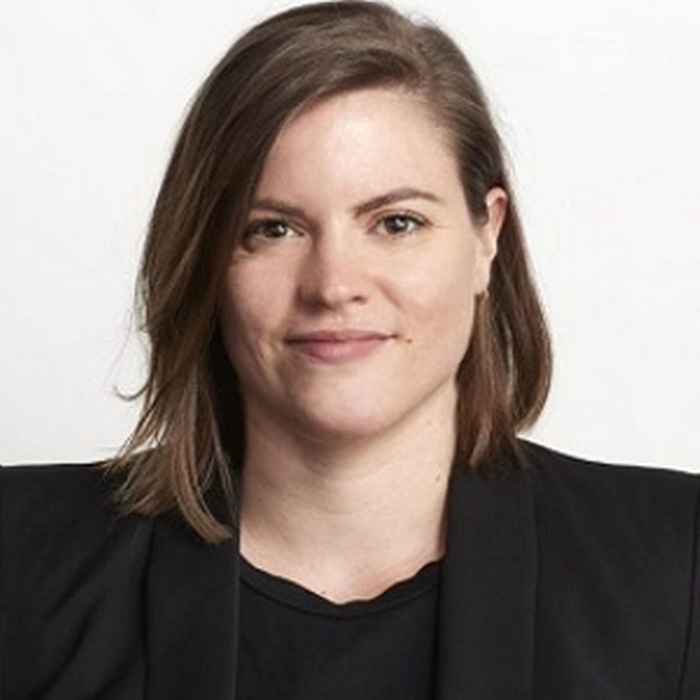Amsterdam Accounting Impact Centre (AAIC)
Amsterdam Business School Impact Centre
Eroding trust in institutions, the need for sustainable economic development, and rapid technological change are among the major challenges facing society today. Accounting as a discipline is not immune to these forces: it faces a range of complex challenges and exciting opportunities. Technological advances, changing regulation, the evolution of standards, and the expansion into emerging areas such as sustainability reporting and AI, including its governance and assurance implications, are reshaping the discipline, together with the need to promote long-term decision-making despite short-term pressures.
Within AAIC, we conduct and share high-quality accounting research on both current and emerging topics, bringing scientific insights to the forefront of debates about developments in accounting and its societal impact, and guiding evidence-based decisions. We bridge the gap between theory and practice, regulators and other stakeholders through insight events, collaboration, and discussions that explore the future of accounting and accounting for the future.
Our expertise and team
The overarching themes of our research relate to transparency and trust in financial markets, understanding how incentives and control mechanisms shape behaviour and decision-making, and accounting for a sustainable future.
Our expertise covers the key areas of accounting, including: financial accounting and auditing, sustainability accounting and accountability, and management accounting and control. A variety of methods is employed, including archival, experimental, survey and qualitative methods. Find our staff members in the overview below.
Our latest research insights
Accounting section researcher Ulrike Thuerheimer and her co-authors investigated the design features of public audit oversight boards for a large sample of jurisdictions over the years 2000-2019, and explores how the establishment of such boards affects audit quality provided by auditors.
Accounting section researchers Bei Shi and Sander van Triest have investigated how much managers rely on opinions and impressions, rather than objective measures when evaluating their employees. It is often claimed that ‘what you measure is what you get’, but to what extent can employee performance actually be measured?
Our research at AAIC addresses the challenges and opportunities reshaping accounting today. We focus on themes such as transparency and trust in financial markets, the role of incentives and control mechanisms in shaping behaviour and decision-making, and accounting for a sustainable future. Alongside these core areas, we explore emerging topics including sustainability reporting, the impact of AI and digital technologies, evolving regulation and standards, and governance and assurance in a rapidly changing environment.
Voices and perspectives
Our members regularly contribute to public debate:
- How does carbon footprint information affect consumer choice? A field experiment (Ann-Kristin Grosskopf and co-authors in conversation about their publication - in English)
- Turnover in the audit team and staff turnover (Jan Bouwen’s column on accountant.nl – in Dutch)
- AI and professional scepticism in auditing (Jan Bouwen’s column on accountant.nl – in Dutch)
- What do we know about sustainability assurance (Ulrike Thuerheimer on the FARView podcast of the Foundation for Auditing Research – in English)
- Bonus ban for banks (Jan Bouwens on BNR Nieuwsradio – in Dutch).
- Outsourcing of audit work and audit quality (Jan Bouwen’s column on accountant.nl – in Dutch)
Events and how to be involved
We welcome research collaborations with practitioners, regulators, and other stakeholders that advance knowledge and inform practice. We also invite guest lectures and teaching cases that enrich our classrooms, spark new ideas, and inspire our students. Reach out to get involved!
- September 19. 15:00-17:30. Opening of the Amsterdam Accounting Impact Centre: Accounting for The Future. Venue: De Brug. Roeterseiland Campus University of Amsterdam
Join us for our launch event featuring:
- An introduction to the mission and vision of the Amsterdam Accounting Impact Center by Ulrike Thuerheimer – co-initiator of the Amsterdam Accounting Impact Centre and Assistant Professor of Accounting, University of Amsterdam
- Presentations from leading experts and researchers in the field:
- Mark van Baal – Founder & CEO, Follow This
- Wim Bartels – European Sustainability Senior Partner, Deloitte
- Luke Disney – Executive VP Sustainability & Climate, Rabobank
- Lodewijk Lockefeer – CFO, CoreDux - Interactive discussions and Q&A with the speakers - Moderation by Jan Bouwens – co-initiator of the Amsterdam Accounting Impact Centre and Professor of Accounting, University of Amsterdam
- Drinks and networking opportunity



